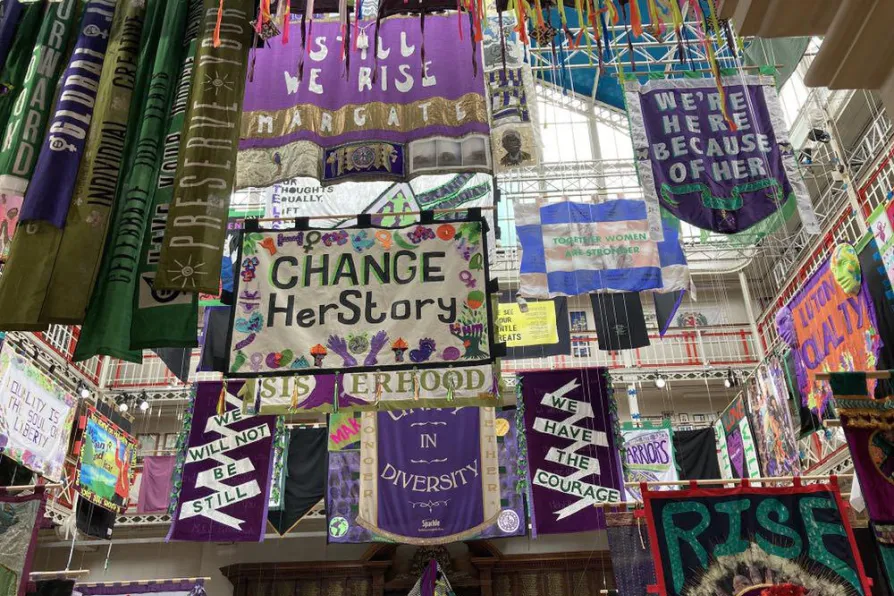Does widespread and uncontrolled use of AI change our relationship with scientific meaning? Or with each other? ask ROX MIDDLETON, LIAM SHAW and MIRIAM GAUNTLETT

 A photo by Heather Findlay, taken for the Women Making History exhibition
A photo by Heather Findlay, taken for the Women Making History exhibition
I WAS a latecomer to feminism. Socialism, yes, environmentalism, yes, but as a trade union activist well used to working with the shoutiest of our men, it never occurred to me to worry too much about the state of women’s rights until, as a Labour Party CLP officer, I looked into a dispute around which complaints of bullying and abuse had come up, made a rookie comment about sex and gender, and got my head bitten off.
That was around four years ago, now. While trying to digest the idea that there was not merely a challenge to women’s legal rights, but a worldwide challenge to women’s right to talk about their rights (attempts to oust a female professor at Sussex University last week were the latest British instalment), I began to reassess my views about women’s position in politics and society.
How could it be that, when women were being murdered by men at the rate of two or more a week and, with disproportionately insecure, low-paid jobs, were bearing the brunt of austerity, so many women were willing to put up with sex-based laws being changed over their heads?

KAY GREEN explains how the Middle East and colonialism were explored at at last weekend’s FiLiA conference

Women are a vital part of the labour movement and have much to contribute, but there’s far more to be done to make sure that our sisters’ voices are truly heard, says PHILIPA HARVEY

ROS SITWELL reports from the Morning Star conference on ‘Race, Sex and Class Liberation’ last weekend










